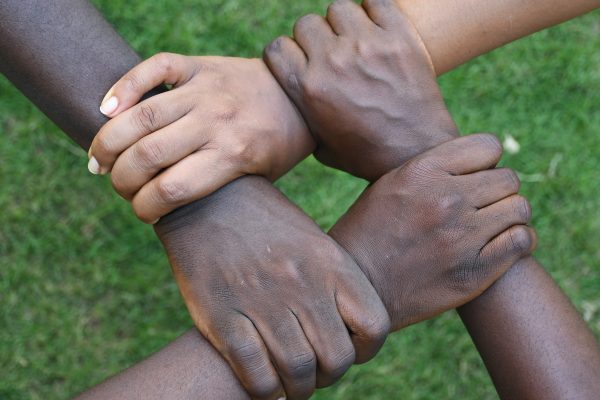Picture the scene: a cold, damp Monday morning and you exhaustively grab the last seat on a packed train to work. An elderly lady steps on as the doors close and everybody is busy reading their paper. The dilemma: do you give up your seat for someone who looks like they need it more? That seat you got up early for; that seat that guarantees you won’t stand in a crowded train for forty-five minutes to get to work? Hypothetically, it’s easy to say yes, but in practice it always pinches.
Why? Because giving anything up isn’t easy…
And this is truer today than it has ever been. In today’s ever-evolving fast-paced world, there is even more emphasis on competition. Everyone is trying to get to the top – and each person has the same justification: if nobody looks out for number one who will? The axis of life seems to have evolved to be less selfless and more self-centered. There is a new consumer: “me”; there is a new culture: self-service.
And when we are forced into sacrifice, like the aforementioned example, invariably we can only give so much before that little voice in our head pipes up: “If you carry on like this you’ll be left with nothing”. It’s self-preservation we tell ourselves – stop now so I can give more later… And so the spirit of selflessness is quickly and comfortably suppressed.
It is for this reason that those who sacrifice voluntarily, and not out of necessity, are so highly revered. They give something up in the hope that the other person’s life becomes easier, or so that society would benefit. They have resolved to put others before themselves.
It is with this sentiment in mind that that Hussain’s monumental stand is considered the archetype of sacrifice today.
For a humanitarian to endure suffering is expected; and for a philanthropist to demonstrate generosity goes without saying. But for a single individual to forgo his wealth, assets, friends, family and his own position in society for the greater cause – and all on a single day – is unparalleled. But that is what Hussain did. Hussain sacrificed everything he could to put an end to a brutal oppressor.
Every time he gave, he gave again: until there came a time when he had nothing left to sacrifice but his own life.
Why did Hussain give up everything he had for no apparent personal benefit? What was his raison d’être? In his own words, Hussain explains:
“I do not do any of this except to enjoin goodness and to stop the spread of evil”.
His words echo till today and serve as the inspiration for millions around the globe to act unselfishly – to put others ahead of themselves.
Perhaps, in today’s frantic society, we can take a moment to pause and gain inspiration from Hussain’s altruism. Perhaps Hussain’s spirit of sacrifice is something we can begin to implement in our lives today. And perhaps, we too can enjoin goodness and build a Hussain-like culture of sacrifice for generations to come.




